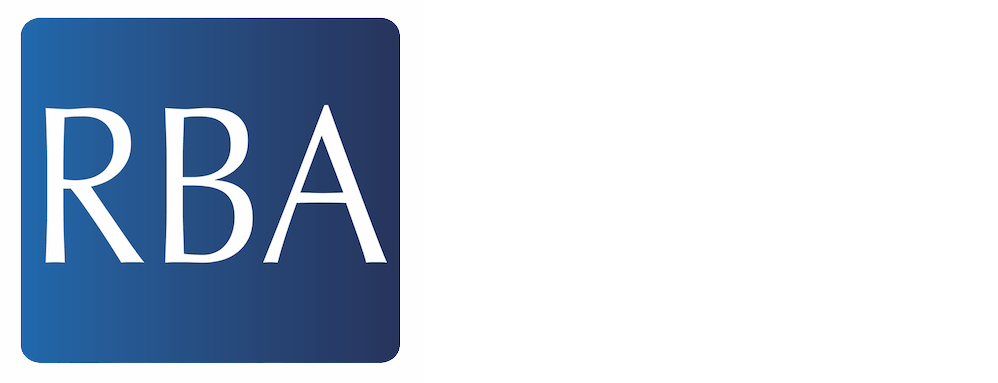Despite different economic disruptions, Rwanda’s financial sector remained profitable ending with Rwf8.1 trillion at the end of fiscal year 2021/2022, an increase of 17.5 percent from Rwf6.9 trillion in previous period.
According to the National Bank of Rwanda’s annual report, the financial sector development and market conduct continue to ride on efforts to increase access and usage of affordable financial services provided in an efficient manner by embracing innovation and digital payments.
John Rwangombwa, the Governor of the BNR, said: “Although we are not certain about the challenges that lie ahead, I am confident that we are well-equipped to tackle them head-on to keep our economy and financial sector strong and sound.”
In an economic environment wreaked by impacts of Covid-19, supply chain disruption, domestic and imported inflation from the Russia-Ukraine war, the Central Bank increased the key repo rate to tame inflationary pressures.
In August, the interest rate at which the Central Bank lends to commercial banks was increased to 6 percent from 5 percent to reduce liquidity in the banking system while also preserving the purchasing power of consumers. The effect, according to bankers, is not felt immediately but it yields results in the economy over a given period of time.
Banks and microfinance performance
The report indicates that the banking sector’s aggregate net profits increased to Rwf74.4 billion during the first half of 2022, up from Rwf55.9 billion in the same period of 2021.
Similarly, the microfinance sector’s net profit increased to Rwf10.6 billion in the first half of 2022, up from Rwf9 billion in 2021.
The stock of Non-Performing Loans (NPLs) in banks reduced from Rwf178 billion in June 2021 to Rwf166 billion in 2022. Consequently, the NPL ratio dropped by 4.3 percent.
Likewise, the stock of NPLs in microfinances dropped from Rwf14 billion to Rwf13 billion year-on-year.
The report authors explained that the decline in NPLs in both banks and MFIs is due to the relaxation of Covid-19 restrictions that led to the opening of businesses, the growth of outstanding loans, and write-offs of overdue debts.
A loan write-off is an action taken by the lender when the chances of loan recovery are almost zero and its assets are non-performing.
Insurance sector
The net profit of the insurance sector increased to Rwf37.2 billion in June 2022 from Rwf32.2 billion in the previous period, notes the report.
In particular, the net profit of private insurers increased to Rwf8 billion in 2022 from Rwf7 billion in 2021.
“The growth of profit is associated with higher increase of revenues consistent with increased investment in earning assets (loans and government securities), increased investment income in insurance companies and improved efficiency gains.”
Overall, Rwanda’s economy grew at 8.9 percent against the 4.4 percent recorded in the previous financial year.
